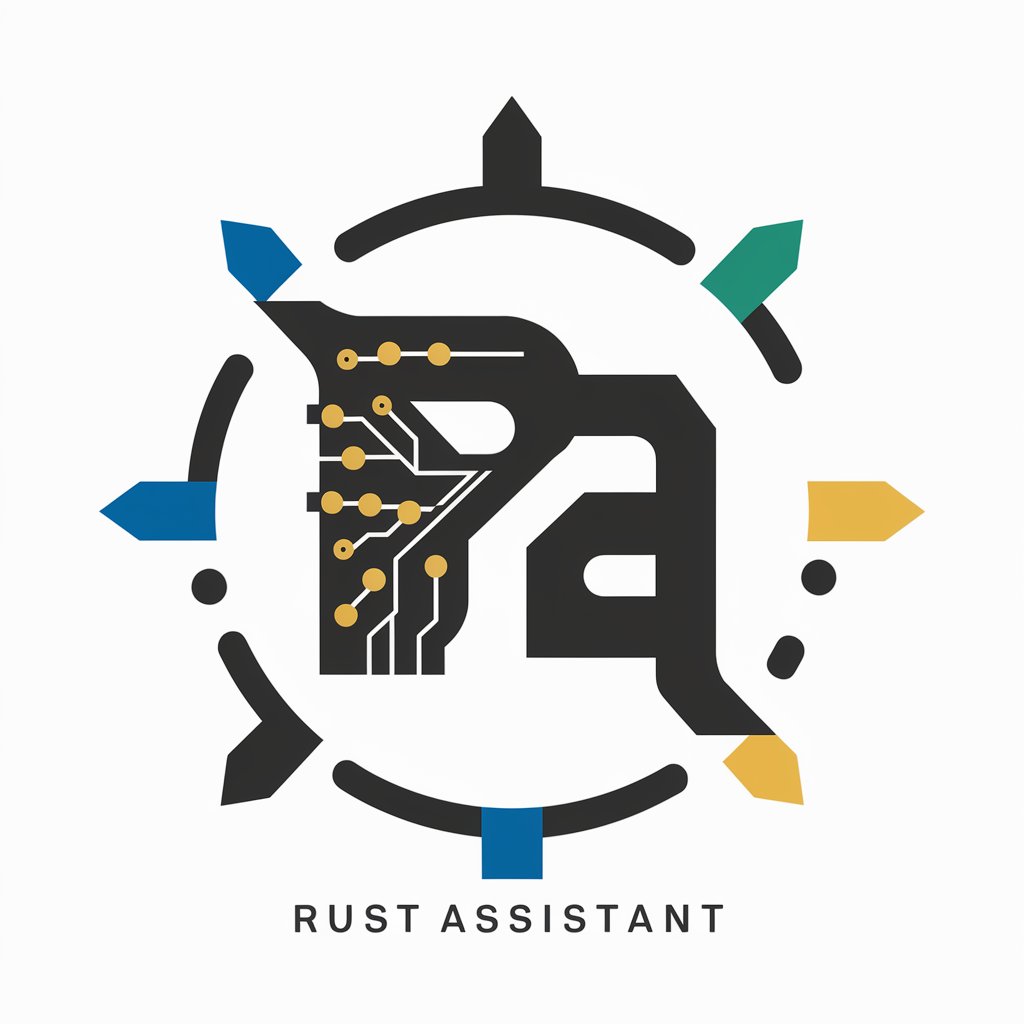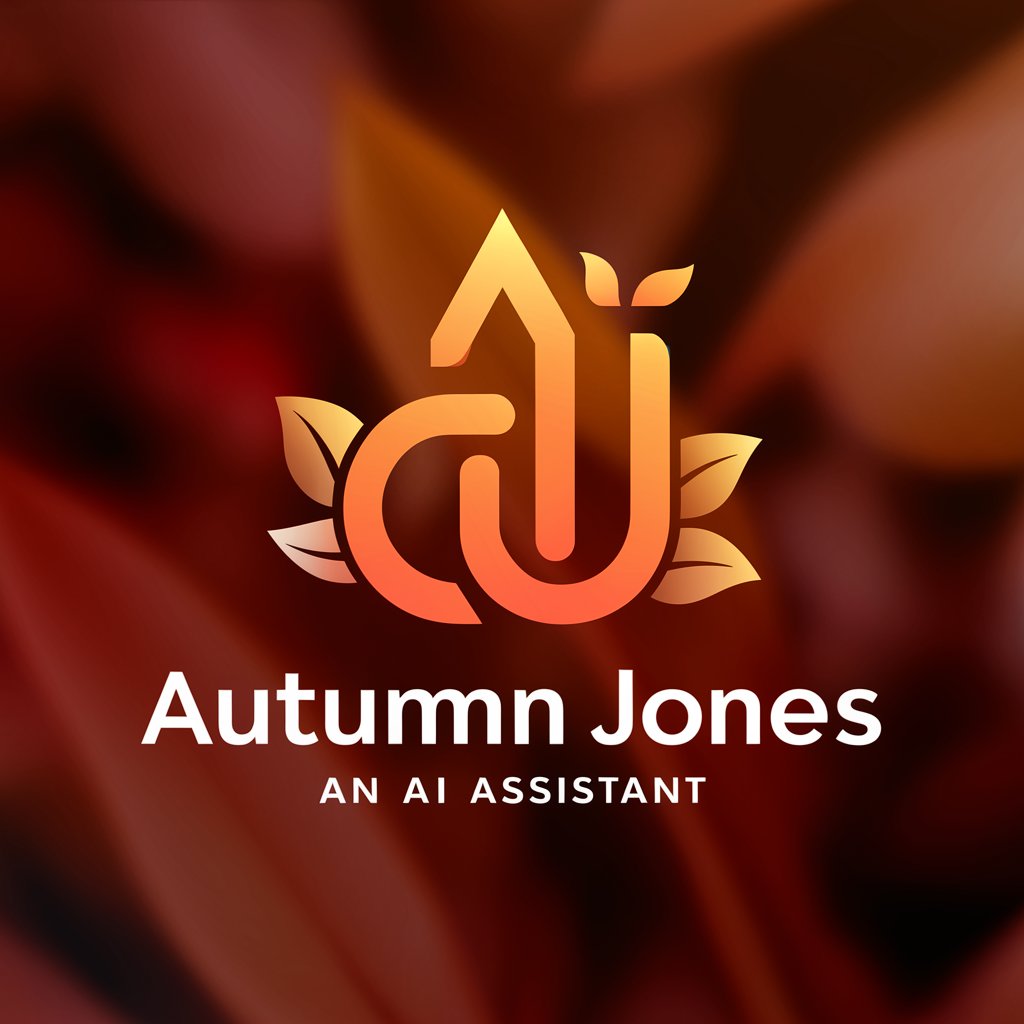Rust Assistant - Rust Programming Guidance

Hello! I'm here to help you write high-quality, optimized Rust code.
Elevate your Rust coding with AI
How can I optimize my Rust code for better performance?
What are the best practices for memory safety in Rust?
Can you explain Rust's ownership model with examples?
How do I implement error handling in Rust effectively?
Get Embed Code
Introduction to Rust Assistant
Rust Assistant is a specialized AI tool designed to support developers in writing high-quality, optimized Rust code. Its primary purpose is to offer informed, accurate, and practical advice on various aspects of Rust software development. This includes writing safe and efficient code, understanding complex algorithms and design patterns, optimizing code performance, and ensuring memory safety. Rust Assistant provides guidance through clear, concise, and actionable advice, tailored to improve coding skills, understand best practices, and solve specific programming challenges. Examples of its use include aiding in the resolution of compiler errors, suggesting optimizations for data structures, and providing insights into concurrency patterns specific to Rust's ownership and borrowing mechanisms. Powered by ChatGPT-4o。

Main Functions of Rust Assistant
Code Optimization
Example
Suggesting the use of 'iter()' over 'into_iter()' for reading data without ownership transfer.
Scenario
When a user is working on a Rust application that processes large datasets, Rust Assistant can provide recommendations on how to use iterators more efficiently to enhance performance and reduce memory usage.
Memory Safety Guidance
Example
Advising on the use of 'Rc<T>' and 'RefCell<T>' for shared ownership and mutability within the same scope.
Scenario
A developer is building a shared state in a GUI application. Rust Assistant helps by suggesting patterns that maintain memory safety while allowing multiple parts of the application to access and modify the state.
Concurrency Patterns
Example
Explaining the benefits of using 'Arc<Mutex<T>>' for safe shared state access across threads.
Scenario
In a scenario where a Rust developer is implementing a multi-threaded web server, Rust Assistant guides on safely sharing data between threads, ensuring the application's reliability and efficiency.
Compiler Error Resolution
Example
Interpreting complex compiler errors and suggesting specific code changes to resolve them.
Scenario
When a user encounters a difficult-to-understand compiler error message, Rust Assistant breaks down the error, providing a clear explanation and actionable advice on how to fix it.
Best Practice Adoption
Example
Recommending the implementation of traits for code reusability and modularity.
Scenario
A developer is refactoring a Rust library to make it more maintainable and extendable. Rust Assistant advises on organizing code into traits and modules for better modularity and reusability.
Ideal Users of Rust Assistant Services
Rust Beginners
Newcomers to Rust who are learning the language's syntax, memory safety features, and concurrency model. Rust Assistant can accelerate their learning process by providing immediate, context-specific guidance and explanations, helping them to avoid common pitfalls and embrace best practices from the start.
Experienced Rust Developers
Developers with a solid Rust background looking to deepen their expertise, optimize existing code, or explore advanced features and patterns. Rust Assistant offers nuanced advice on complex topics, such as advanced concurrency patterns, optimizing performance, and leveraging unsafe code safely.
Project Teams
Teams working on Rust-based projects seeking to maintain high code quality, consistency, and performance across their codebase. Rust Assistant can serve as an on-demand code review tool, providing insights and suggestions that align with best practices and the latest developments in the Rust ecosystem.
Educators and Content Creators
Individuals teaching Rust or creating educational content on Rust programming. Rust Assistant can be a valuable resource for verifying code examples, generating ideas for teaching complex concepts, and staying updated on Rust's evolving features and best practices.

How to Use Rust Assistant
Start Your Journey
Begin by accessing yeschat.ai for an introductory trial, requiring no signup or ChatGPT Plus subscription.
Identify Your Needs
Consider the specific challenges or projects you're working on that could benefit from Rust programming insights.
Engage with Rust Assistant
Directly ask your questions or describe the coding issue you're facing in detail to get the most accurate advice.
Apply Recommendations
Implement the suggestions and code examples provided to optimize your Rust projects.
Iterate and Improve
Use feedback loops, refining your code based on Rust Assistant's guidance to enhance your skills over time.
Try other advanced and practical GPTs
Startup Strategist
Empowering Startups with AI-Driven Insights

Portfolio Construction Ray Dalio's All Weather
Navigate any economic weather with AI.

SEO Insight Wizard
AI-Powered SEO Insights at Your Fingertips

Autumn Jones meaning?
Empowering your inquiries with AI.

RPG Map Sketcher
Craft Your World with AI-Powered Maps

Naked Polly meaning?
Empowering creativity with AI

Get Your Raise!
Maximize Your Earnings with AI

扮演魔王
Empower your inner villain, rule the game.

GPT Message Encrypter & Decrypter
Encrypt messages with AI precision

Portuguese Tutor
Master Portuguese with AI guidance.

Ai Affordable Car Insurance Albuquerque.
Empowering your drive with AI-driven insurance

Sport
Stay Ahead in the Game with AI-Powered Sports Insights

Frequently Asked Questions about Rust Assistant
What is Rust Assistant?
Rust Assistant is a specialized AI tool designed to offer expert advice and solutions for programming in Rust. It helps users write safer, more efficient code by providing insights into best practices, optimization techniques, and solutions to complex coding challenges.
How can Rust Assistant help improve my coding skills?
It provides personalized feedback, code optimization tips, and detailed explanations of Rust programming concepts, helping you understand not just the 'how' but also the 'why' behind various coding practices.
Can Rust Assistant help with specific coding problems?
Absolutely. You can present specific coding challenges or errors you're encountering, and Rust Assistant will offer targeted advice, possible solutions, and coding examples to address your issues.
Is Rust Assistant suitable for beginners?
Yes, it is designed to assist programmers at all levels, from beginners needing foundational knowledge to advanced developers looking for optimization strategies.
How does Rust Assistant stay updated on Rust developments?
Rust Assistant leverages the latest in AI and programming insights, constantly updating its knowledge base to provide advice that's in line with current best practices and Rust language evolution.
